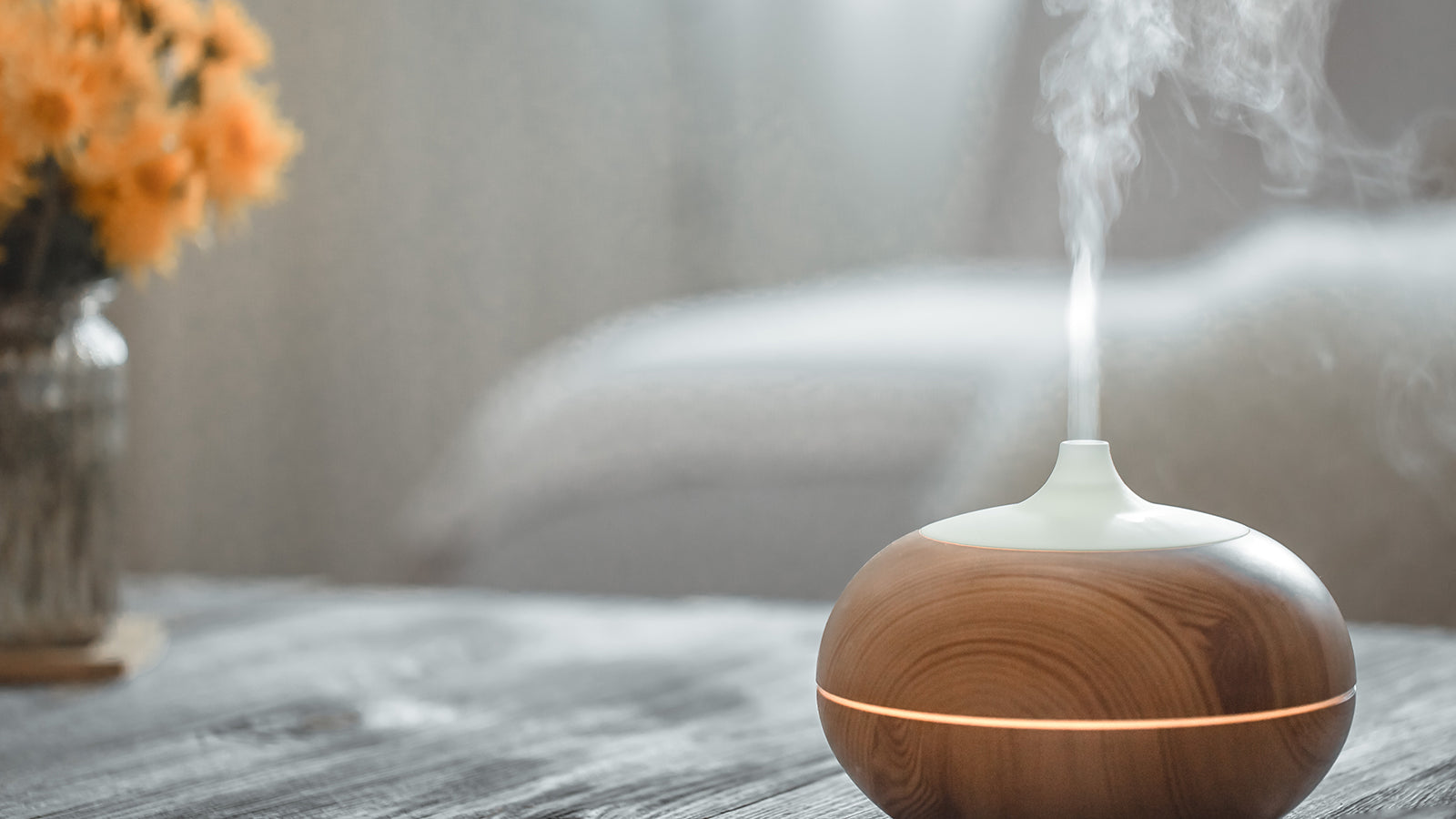With temperatures dropping, turning on the heater, or lighting the fireplace becomes a common practice in most households during the colder months. The heat provides great comfort especially when the temperatures drop significantly overnight. However, there is a downside to this, it's the lack of moisture or humidity in the air. This can cause dry, itchy skin, chapped lips, and dry sinuses. The most common remedy for this problem is to get a room humidifier. These devices are designed to release moisture into the air through evaporation and a fan. Some systems utilize a media of sorts where the water is circulated over the media to allow full saturation while a low-speed fan blows out air.
Another humidifier type is the kind that electronically evaporates water through a heating element. These are very common and are the easiest to operate since it doesn’t use media that could easily become moldy. This type of humidifier works much like a steamer. The heating element gets hot and creates steam, which is either released naturally or blown out with a low-speed fan to provide moisture to the air.
Either type of humidifier can be the perfect tool to help keep winter dryness at bay. However, as helpful as they are, they do possess a drawback. The main one would be scale build-up that occurs in the tank, media, and heating element. Over time, a humidifier will be rendered useless since it is encased in a thick scale build-up, which prevents heat from dissipating into the water.
Scale can be removed manually by scraping it off the heating element, but it will be harder to remove it in small passageways or humidifier media. Using vinegar is an effective way to combat scale, it helps break down mineral deposits on the walls of the tank and heating element. But, when using vinegar, it will emit an unpleasant sour smell that lingers for a while. Though this method is effective, you might have to do this process a few times just to get rid of some of the scale, and you’ll have to put up with the odor for a while until it eventually dissolves the scale.
People often ask the question, “what kind of water is used for a humidifier?” The best way to avoid scale build-up is to make sure that tap water isn’t used. City water has a high concentration of total dissolved solids in the form of calcium and magnesium and when water evaporates, it leaves limescale behind. Most humidifier manufacturers recommend distilled water. But the next best thing would be reverse osmosis water or softened water since they do not have any of the dissolved minerals that cause scale, which is normally found in tap water.
The membrane in a reverse osmosis system has a micron rating of 0.001, which means by the time water flows through it, almost all of the impurities are gone, including minerals that cause problems for humidifiers, such as calcium and magnesium. The resin in a water softener has a specific job and it is to prevent calcium and magnesium from entering the home. It does this through a process called ion exchange.




